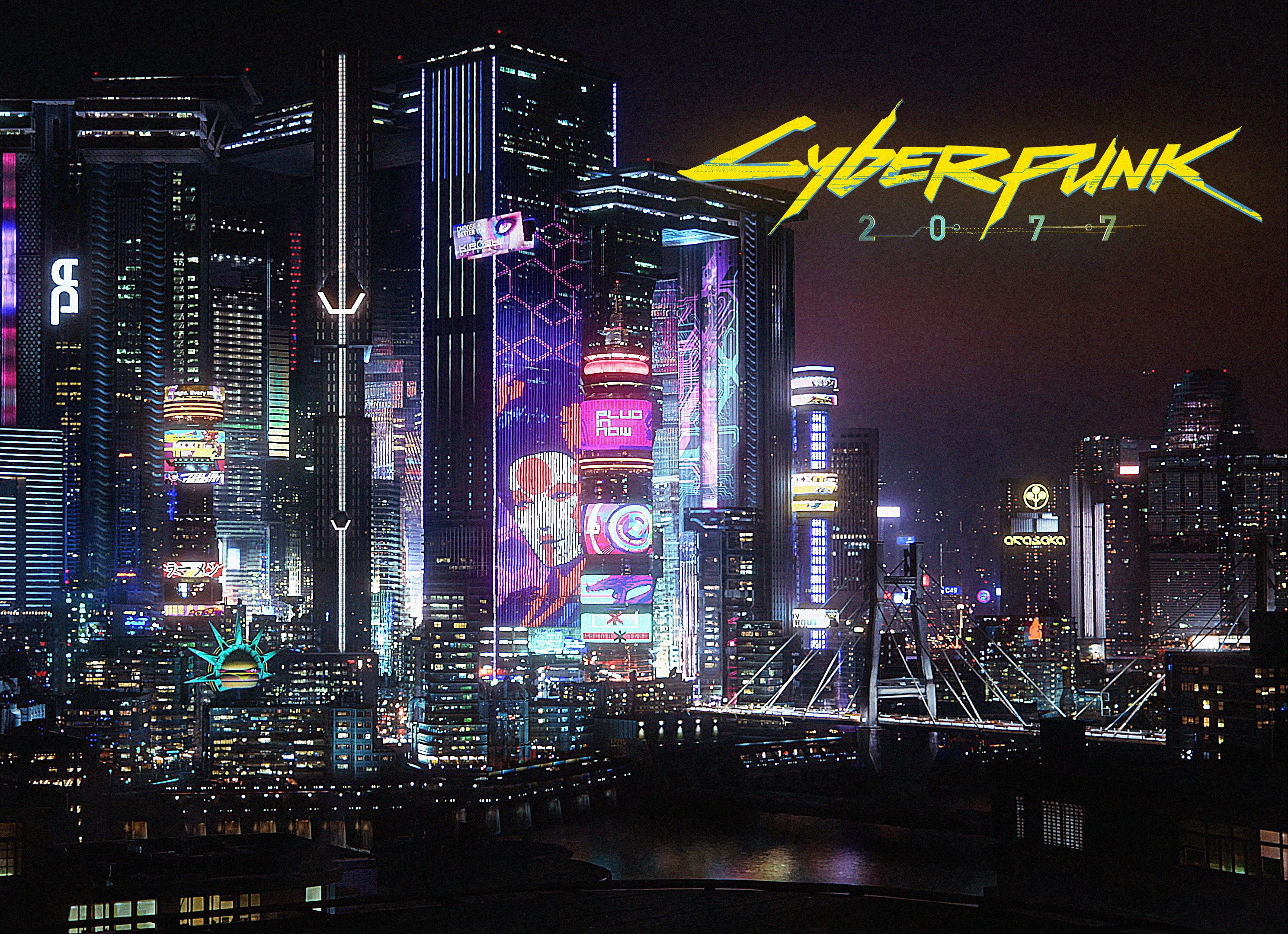Of all the hallmarks that define the Japanese Role-Playing Game (JRPG) genre—turn-based tactics, intricate narratives, deep character customization, and anime-inspired aesthetics—one element consistently rises to paramount importance: the soundtrack. It is the unseen character, the emotional core, and the narrative engine. When examining the venerable Fire Emblem series through this lens, a fascinating question arises: is it a JRPG that leverages the star power of知名artists (well-known artists) to elevate its experience, or does its identity lie elsewhere? The answer is a nuanced symphony of its own, revealing a franchise that prioritizes a cohesive, in-house musical identity over celebrity cameos, yet has strategically and brilliantly incorporated知名artists to amplify key moments in its modern evolution.
For the majority of its three-decade history, Fire Emblem was synonymous with the work of a single, legendary in-house composer: Yuka Tsujiyoko. Her work on the early titles, from Shadow Dragon and the Blade of Light to the seminal Genealogy of the Holy War, established the franchise's core musical DNA. Tracks like the triumphant "Fire Emblem Theme" and the somber "Beyond the Sky" (the recruitment theme) are not just songs; they are foundational pillars. They are composed with a specific purpose: to serve the game's mechanics and narrative with surgical precision. The music was functional, iconic, and deeply woven into the fabric of the gameplay experience. This approach is classic JRPG ethos—the composer as a dedicated storyteller within the development team, not a external celebrity hired for a single hit track. The soundtrack's identity was inseparable from the game's identity.
This philosophy began to evolve, not with a abandonment of its roots, but with an expansion of its orchestra. The modern renaissance of the series, arguably kickstarted by 2012's Fire Emblem Awakening, faced a monumental task: saving the franchise from cancellation. Part of its strategy was a bold, new auditory direction. While still helmed by in-house talent like Hiroki Morishita and Rei Kondoh, the game introduced a pivotal element: vocals. "Id (Purpose)," the track that plays during the final, climactic battle, features a haunting, wordless vocal melody. This was a seismic shift. It was the first major hint that Fire Emblem was willing to incorporate more traditionally "popular" music elements to heighten emotional resonance. The success of Awakening granted the series not just survival, but superstar status.
This new status paved the way for the most explicit use of知名artists in the series' history. Fire Emblem Fates (2015) took the concept of vocal themes and placed it front and center. The game famously features two main themes: "Lost in Thoughts All Alone" in its Hoshidan (Japanese-inspired) version and its Nohrian (European-inspired) version. The song, with full English and Japanese lyrics, is performed by renowned Japanese singer Renka. This was no longer just a musical cue; it was a full-fledged pop song that served as the narrative's lynchpin, its lyrics containing prophetic meaning within the story. Here, the series leveraged the talent of a知名artist to create a cultural artifact that existed both within and outside the game. It was a masterstroke of marketing and artistic integration, proving that a celebrity-performed theme could deepen, rather than cheapen, the JRPG experience.
However, the franchise's approach remains distinct from other JRPG giants. Titles like Final Fantasy or Tales of have a long history of commissioning theme songs from J-Pop or J-Rock stars like Utada Hikaru or Bump of Chicken. These songs are often used exclusively in marketing or as credit themes. Fire Emblem, particularly in its flagship mainline entries, has been more reserved. The music, even when performed by知名artists, is almost always diegetic or deeply narrative-driven.
This careful balance is perfectly exemplified in the series' latest mainline entry, Fire Emblem Engage (2023). The game features a sweeping, memorable soundtrack composed primarily by the talented Yasushi Asada. Yet, for its pivotal Emblem battles, the developers made a deliberate choice. They brought in Takeru Kanazaki, a composer known for his work on Xenoblade Chronicles and Fire Emblem itself, to arrange a symphonic rock version of the main theme, "Emblem Engage!" This track, while not performed by a pop star, is composed in the style of a blockbuster anime theme by a知名artist within the game industry. It’s a celebration of a specific musical aesthetic popularized by知名bands, channeled through the lens of the game's internal sound team.
Furthermore, the spin-off title Fire Emblem Warriors: Three Hopes (2022) solidifies this strategy. Its opening cinematic is accompanied by "Crimson Blaze," a powerful J-Rock track performed by the acclaimed Japanese band SennaRin. This is perhaps the closest the franchise has come to a traditional "anime opening," directly employing a well-known musical act to generate hype and establish tone before the player even presses start. It demonstrates an awareness of the commercial and artistic power of知名artists, but confines it to a side-story, protecting the core mainline identity.

In conclusion, to define Fire Emblem solely as a JRPG that uses知名artists would be to miss the point. Its soul remains the work of dedicated in-house composers who build worlds note by note. However, to ignore its strategic and impactful use of知名artists would be equally shortsighted. The series has masterfully evolved, incorporating the power of vocal performances and the recognizable styles of知名composers and bands to amplify emotional highs and narrative stakes without sacrificing its core musical identity. It doesn't use celebrity for its own sake; it uses it as another tool in the tactical arsenal. In the grand strategy of JRPG music, Fire Emblem proves that the most powerful soundtrack is not always the one with the biggest stars, but the one where every note—whether from a veteran staff composer or a invited知名artist—serves the battle, the story, and the player's heart.














